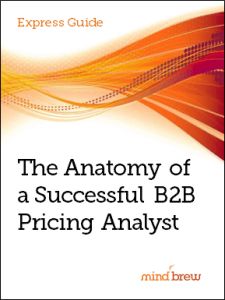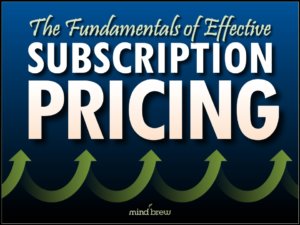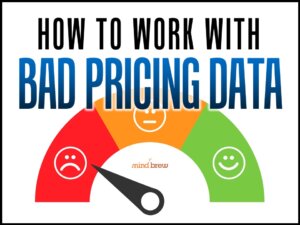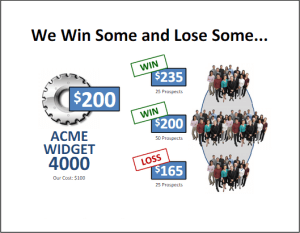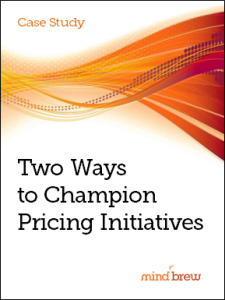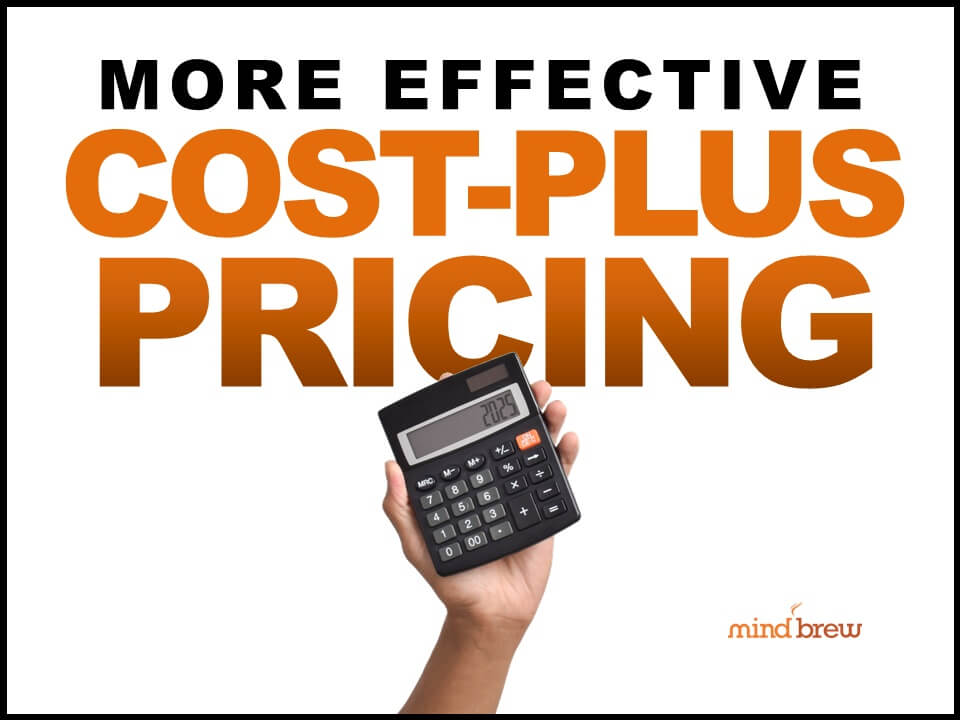When it comes to hiring, pricing is at a distinct disadvantage when compared with other business disciplines. When finance wants to hire someone, for example, they look for someone with a degree in finance and/or an MBA. When accounting wants to hire someone, they look for someone with a degree in accounting, and possibly someone who is a CPA. When sales wants to hire someone, they look for someone with sales experience.
But there’s no such thing as a degree in pricing (yet). And the discipline is so new that a lot of the job applicants are likely coming from other areas, like sales, marketing, or finance. These days, many HR departments use automated systems to sort out resumes, but it’s tough to use these programs when your best candidates may not have a particular degree, pricing experience, or even any resume keywords that you can search for.
Unfortunately, the cost of hiring the wrong person can be quite high. Experts estimate that it costs at least one third of a new hire’s annual salary to replace someone. Others say the total is more like two to five times the person’s annual salary, depending on how high up they are on the corporate ladder.
And that only covers the replacement costs—it doesn’t take into account the damage that the bad hire is doing while he or she is on your team. Bad pricing hires may make errors that lead the company to poor decisions. They cost the company money without providing an equivalent level of productivity. They may have bad attitudes that make your department an unpleasant place to work and alienate members of other departments. In some cases, their presence on your team may cause some of your more valuable team members to quit their jobs.
So what attributes should you look for when you’re hiring someone new (or evaluating your current team members)?
The characteristics of the ideal pricing practitioner fall into three general categories. First are the general attributes. These are the personality traits that a pricing person has to bring with him or her to the job in order to be successful, and in general, these traits can’t be learned. For example, you want to hire someone with an affinity for numbers. Someone who failed every math class he or she ever took just isn’t going to do well in pricing. You also need someone who has a natural curiosity, the tenacity to keep working in spite of obstacles, and the ability to look at something from a big picture perspective.
The next category includes the soft skills that good pricing analysts need. These skills can be learned, but it’s helpful if your job applicant already possesses some of them. First and foremost, you need someone who is good at problem solving—someone who knows how to get to the root of an issue and come up with a plan to correct it. It also helps to hire someone with plenty of tact, good presentation skills, and a solid understanding of change management.
The last category is technical skills. It’s great if you can find a job candidate who already has some of these skills, but if you can’t, these skills can all be learned. A solid background in statistics is always a plus, and you can also look for the abilities to do price segmentation, scenario analysis, data management, data visualization, and cost analysis.
This list is far from comprehensive, but we do have a resource that goes into a little bit more detail about what to look for in a new hire. The express guide The Anatomy of a Successful B2B Pricing Analyst identifies 21 attributes that pricing managers should try to find in job candidates. It also offers some insights gleaned from other B2B firms about how to make a good hire and weed out folks that just aren’t working out.

